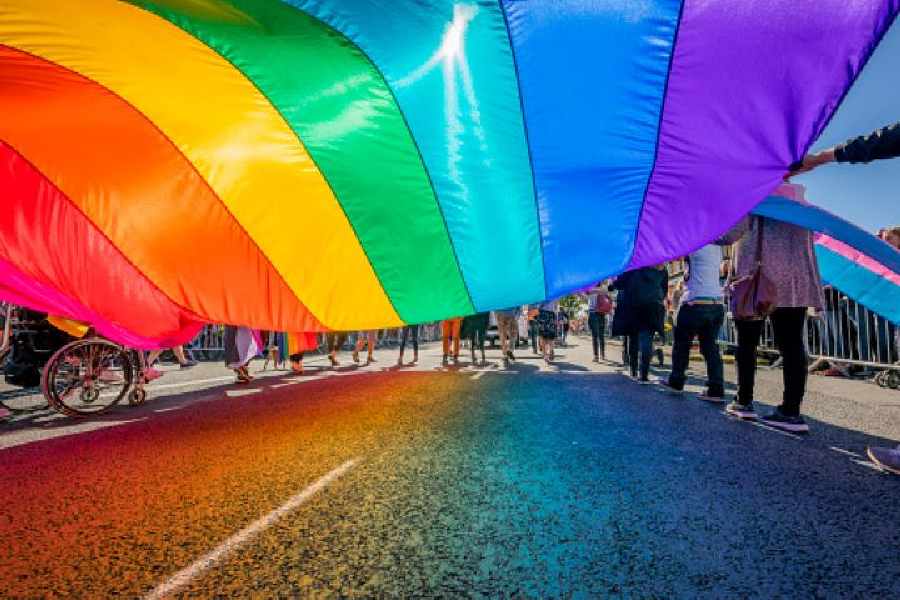Almost a year after informing the Supreme Court about forming a committee to examine the plethora of issues plaguing the LGBTQ community and six months after submitting an undertaking, the Centre has finally notified a six-member panel comprising secretaries from key Central ministries to this effect. The panel has been mandated to come up with measures that would reduce the institutional discrimination faced by sexual minorities while accessing goods, benefits, and welfare schemes. While this may appear to be an affirmative step, it does not change the fact that the Centre itself has pandered to conservative sentiments. For instance, the Bharatiya Janata Party-led government vehemently opposed the bill that aimed at legalising same-sex marriages in India. Even though the apex court did not grant marital union for homosexual couples, the Chief Justice of India directed the Centre to formulate a framework for the material rights that same-sex couples can stake claim to in the absence of any legal recognition of gay marriage. These include the right of queer partners to be treated as a family while applying for ration cards and setting up joint bank accounts as well as to be considered next of kin for medical processes and burial rights. That the government needed judicial prodding to even institute the panel indicates its unwillingness to view sexual minorities as equal stakeholders of the social order.
Unfortunately, the political discrimination is symptomatic of the prevailing social discrimination against the constituency. The 2018 decriminalisation of homosexuality, it must be remembered, was an example of enlightened jurisprudence. It was not a testament to social acceptability. Little wonder then that there is widespread harassment of queer individuals in their personal as well as professional spheres. Indian laws do not even consider domestic violence in the case of LGBTQ relationships. LGBTQ-specific healthcare programmes remain rare on account of their exclusion. A study has revealed that more than 90% of transgenders suffer from mental health ailments. Meaningful assimilation could have been attained if India’s political fraternity was receptive towards the concerns of LGBTQ people but here too, if the political manifestoes are any indication, save for those of the Congress and the Left, political formations remain largely apathetic to this set of citizens. This offers further proof of India’s inability to view queer rights as concomitant to the human rights doctrine.










